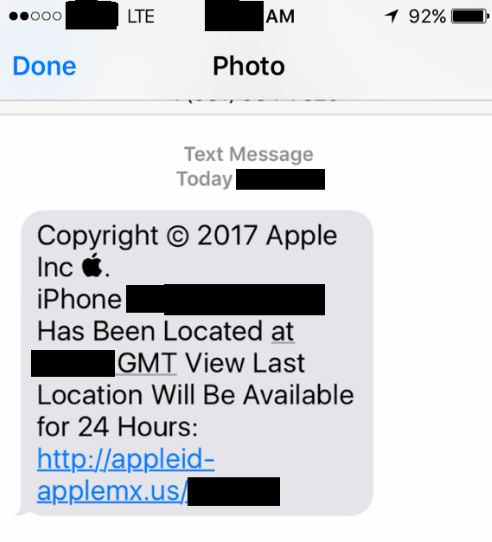Mirai is the hydra of IoT security: Too many heads to cut off

Credit to Author: Michael Kan| Date: Tue, 14 Mar 2017 04:05:00 -0700
Efforts to stop Mirai, a malware found infecting thousands of IoT devices, have become a game of whack-a-mole, with differing opinions over whether hackers or the security community are making any headway.
The malicious code became publicly available in late September. Since then, it’s been blamed for enslaving IoT devices such as DVRs and internet cameras to launch massive distributed denial-of-service attacks, one of which disrupted internet access across the U.S. in October.
The good news: Last month, police arrested one suspected hacker who may have been behind several Mirai-related DDoS attacks.
To read this article in full or to leave a comment, please click here






